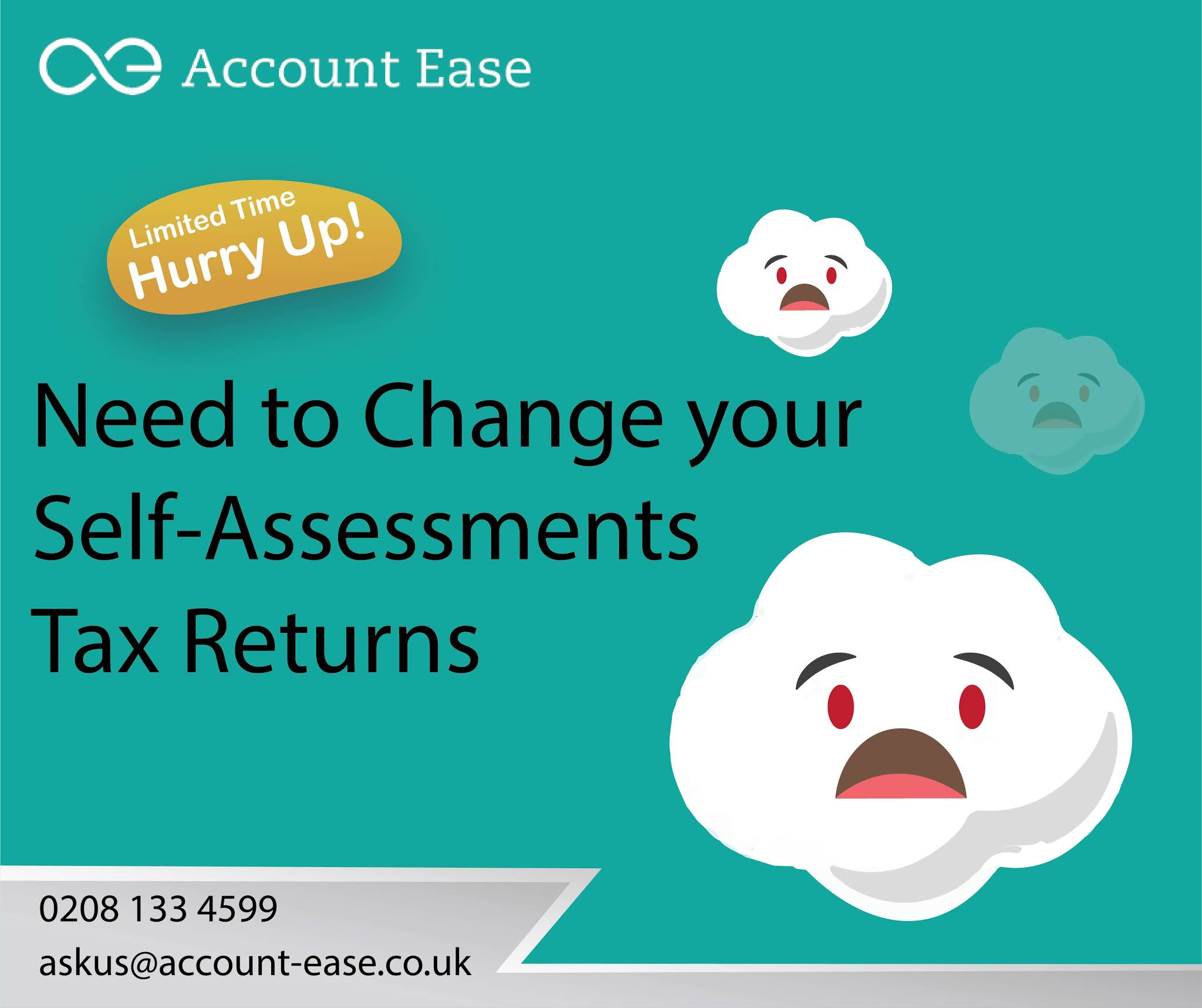Ecommerce Accounting and Reporting Requirements 2021
Ecommerce Accounting and Reporting Requirements 2021:
You may already be or are planning to become an e-commerce trading business then one of the thoughts in your mind should be. How does the
accounting and tax work for e-commerce businesses e-commerce often involves
selling into multiple tax jurisdictions?
Sometimes with products being dispatched from multiple taxes
jurisdictions creating a web of authorities that need to be reported to
potentially.
The first e-commerce transaction is thought to have taken
place in 1994. Involved the sale of a compact disc known as a cd by the
well-known artist sting fast forward 27 years. So, and it would be hard to
imagine a world without e-commerce as.
It has become more and more prevalent in our daily lives put
simply. If your company grab in the sale of goods. Then the business would be
involved in e-commerce transactions your business could be selling on its own.
Website selling directly on online platforms such as amazon
eBay and Etsy or possibly operating under a drop-shipping model. All of the
transactions recorded will normally be considered e-commerce.
It is worth noting that due to the two-part definition that
not all transactions that take place by the internet would be considered
e-commerce.
For example, where a business operates a website where
customers can place orders but the transaction is completed by making a payment
in-store or in-person this would not be considered e-commerce.
Accounting and reporting requirements:
Many of the E-commerce accounting requirements are the same
as those for a traditional brick Mortar business. However, with the ability to
access an international market with relevant ease.
There can be some additional reporting requirements to
consider as well below is an overview of e-commerce. Accounting requirements
that should be considered for your e-commerce business.
We will look at each in more detail and how the accounting
requirements may differ from those applicable to a more traditional one.
- Setup
- Bookkeeping
- · Preparation of financial statements
- VAT considerations
Ecommerce
business structure:
For all businesses you will need to decide on a suitable
structure and legal setup. This usually involves deciding between trading as a
sole trader or a limited company in the main one each has. Its own distinct
benefits over the other but depending on the size of your business the
activity.
It's highly recommended you do some research upfront and
think about the optimal setup for you.
Your business changing the setup at a later date is
certainly possible but it will often result in further cost administration not
to mention. Some hassle you can learn more about the differences between the
two main business setups in our sole trader or limited company.
Bookkeeping
for e-commerce:
Bookkeeping can be considered a bit of a burden for many
solopreneurs and small business owners in the past. But fortunately, accounting
software such as Xero and QuickBooks just to name two examples of making this
Previously time-consuming task, a lot more manageable
although it still takes time and effort bookkeeping is essential for your
e-commerce business. Without it, you simply will not have a grasp of your
numbers your raw data.
That is your business transactions normally money in and
money out of your business bank account is not the same as bookkeeping will
organize. This raw data using what is known as the double-entry system and
translates it into readable and digestible management information to include an
income statement.
The balance sheet at regular intervals of time such as every
three months and remember there is also a difference between accounting and
bookkeeping.
The two should not be confused the main function of
bookkeeping as already mentioned is to organize raw data into a format that is
understandable and digestible to you and the management whereas the main purpose
of accounting is to present and report. The financial information in a way that
meets all of the business’s legal requirements.
A limited company is required to report on its financial
performance by preparing. Submitting annual accounts and company tax
computations and returns. It would then need to report some of this information
to both HMRC and the company’s house.
- Annual accounts
- · Company tax computations & returns
- Filling to HMRC & Companies
There are strict guidelines detailing what information
should be included. How it should be presented a sole trade on the other hand
would only be required to report financial performance by the annual
self-assessment return.
Which only requires an individual to provide figures
detailing total income and total allowable expenses. This process is less timed in some role trader businesses.
May opt to prepare more structured financial statements to
help them better understand their own numbers.
You will still need to register for and complete a
self-assessment tax return as a sole trader.
It is required to report any profits or even losses via the
self-assessment system as well as any other sources of income tax will. Then be
payable on the business profits at a rate. That is decided based on the
individual's total income.
If your business has generated losses then these are not
wasted and can be utilized as a limited company set up.
If you are the director of a limited company you will be
required to register for and complete a self-assessment tax return. Especially
if you are looking to take dividends out of your company unlike the sole trader
through the business's profits will not be taxed.
Under the income tax regime but instead corporation tax and
if your business is profitable then any dividends paid out from the company to
the shareholders.
Which is more than likely to include you the business owner they will need to be declared on your personal self-assessment return.




.jpg)
Comments
Post a Comment